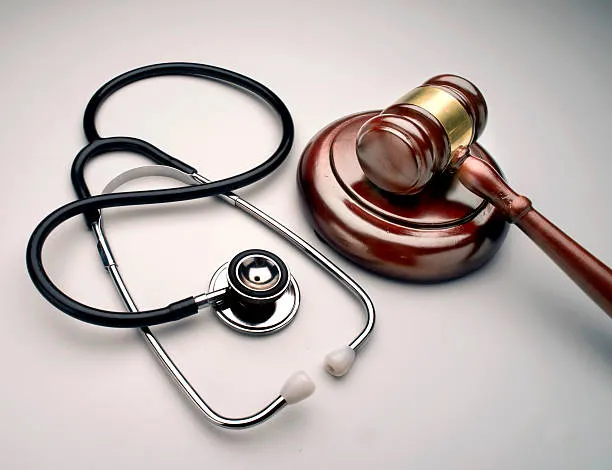Healthcare/Medical Law
Healthcare law, also called medical law, governs the rights and responsibilities of healthcare providers, patients, and medical institutions. It ensures ethical medical practices, protects patient rights, regulates healthcare systems, and addresses disputes in the medical field.
Key Areas of Healthcare Law
1. Patient Rights
- Right to informed consent
- Right to privacy and confidentiality (HIPAA in the U.S., GDPR in EU, etc.)
- Right to emergency treatment
- Right to refuse treatment
2. Medical Ethics and Professional Conduct
- Duty of care by doctors and hospitals
- Avoidance of medical negligence or malpractice
- Ethical guidelines in treatment, research, and clinical trials
3. Medical Negligence
- Occurs when a healthcare provider fails to provide standard care
- Examples: misdiagnosis, surgical errors, wrong medication
- Legal remedies: compensation claims, professional disciplinary actions
4. Healthcare Regulation
- Licensing of doctors, nurses, hospitals, and clinics
- Quality standards for medical institutions
- Drug regulation and approval of medical devices
5. Bioethics and Emerging Issues
- Organ transplantation laws
- Surrogacy and reproductive rights
- Stem cell research and genetic engineering
- Euthanasia and end-of-life decisions
6. Public Health Law
- Disease control and vaccination policies
- Quarantine and isolation regulations
- Government responsibility for healthcare access
7. Medical Insurance and Liability
- Health insurance laws and patient coverage
- Legal disputes over insurance claims
- Liability of hospitals for acts of their staff
Importance of Healthcare Law
- Protects patients from exploitation and negligence
- Holds medical professionals accountable
- Balances medical innovation with ethical standards
- Ensures fair access to healthcare
- Builds public trust in the healthcare system
Examples of Laws (Country-specific)
India
- Clinical Establishments Act, 2010
- Medical Termination of Pregnancy Act, 1971
- Consumer Protection Act, 2019 (medical negligence cases)
United States
- Health Insurance Portability and Accountability Act (HIPAA), 1996
- Affordable Care Act, 2010
- Emergency Medical Treatment and Labor Act (EMTALA), 1986
International
- WHO guidelines
- Universal Declaration on Bioethics and Human Rights (UNESCO)
Conclusion
Healthcare/medical law is vital for safeguarding human life, promoting ethical treatment, and balancing the interests of patients, healthcare providers, and society. As medical technology advances, new challenges like AI in healthcare, telemedicine, and genetic engineering will require updated laws to ensure fairness and accountability.






